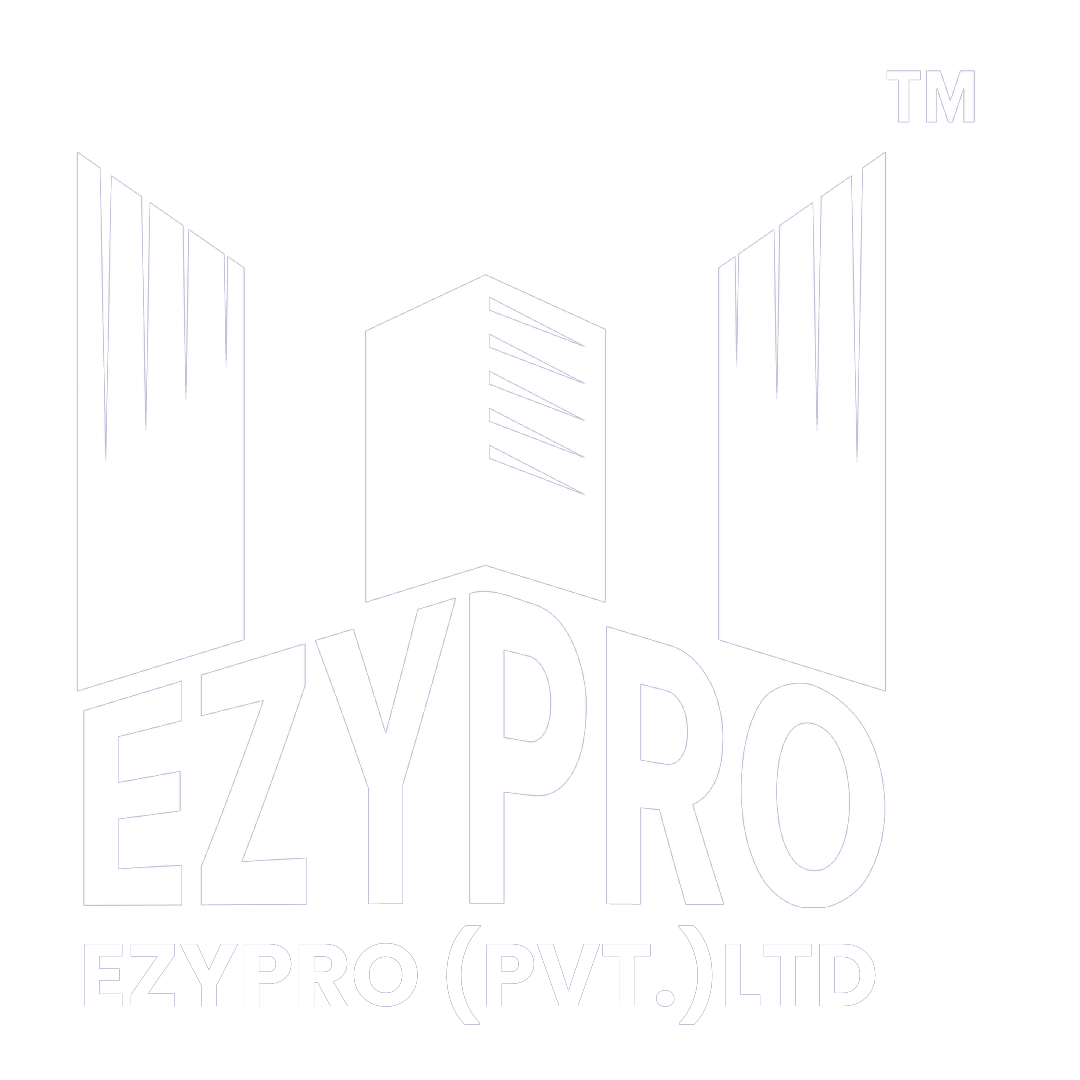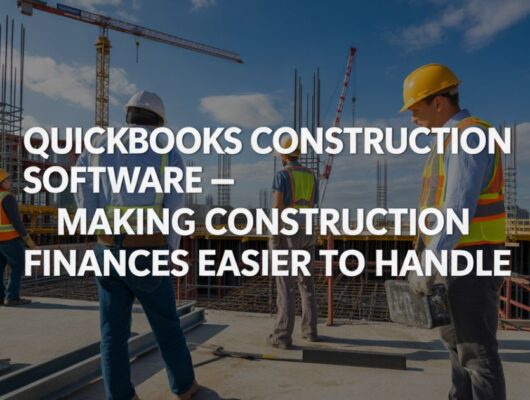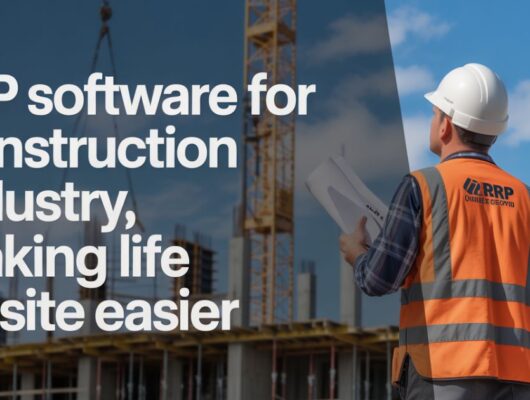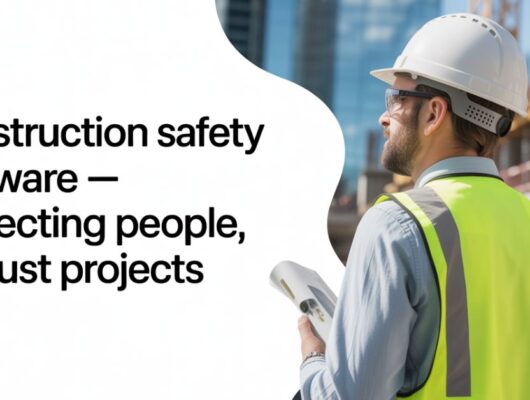Running a construction business is not an easy task and it’s more than just managing projects. It’s managing people, conversations, timing and much more. Every lead you forget to follow up on, every client you forget to update. That’s money slipping through the cracks.
That’s exactly why more builders and contractors are turning to construction CRM software. It’s not another shiny tech buzzword, it’s a tool built to help you keep every relationship, quote, and project detail in check without drowning in emails and spreadsheets.
What Is Construction CRM Software Anyway?
CRM stands for Customer Relationship Management. But construction CRM software isn’t your average CRM. The construction world is actually full of chaos and complexity where deals actually take months, jobs overlap, and clients need updates every week. So this Software help ease this complexity.
You can easily track leads, send quotes, follow up, and manage contacts all in one place at a single place. No hunting through old emails or phone notes. No wondering who last spoke to the client. Think of it like your digital memory, for every conversation, every opportunity, every project.
Why Construction Companies Are Adopting It Fast
Most construction teams still rely on old systems, Excel sheets, manual logs, and sticky notes. It works… until it doesn’t. Leads get lost. Clients get frustrated. Someone forgets to send the revised proposal. Construction CRM software fixes that by keeping everything organized. It connects your sales pipeline, client communication, and project tracking, so everyone knows exactly what’s happening, from the first call to the final invoice. And when your team grows, that clarity becomes priceless.
How It Actually Works
It’s simple. You log in, add your leads or import them, and track each client’s journey. This software keeps a record of emails, calls, meetings, and quotes. As the deal moves forward, you can tag it with stages like “proposal sent,” “in negotiation,” or “won.” Once it’s confirmed, you can even link that client to the ongoing project for real-time updates. Most construction CRM software is cloud-based, so whether you’re at the office or on-site, you can pull up info instantly. No more saying, “Let me check and get back to you.”
Features That Actually Make a Difference
A good CRM shouldn’t overwhelm you with features you’ll never use. It should make your day easier.
Here’s what really matters in construction CRM software:
- Lead tracking: Keep tabs on every new opportunity.
- Pipeline visibility: See which deals are close to closing.
- Communication logs: Store calls, emails, and notes in one place.
- Reminders and tasks: Never miss a follow-up again.
- Client insights: View project history and preferences instantly.
- Team access: Let your sales and project staff stay in sync.
And if it connects with tools like accounting or project management platforms, even better.
Who Actually Uses It
You’d be surprised, it’s not just for big companies. Small contractors use construction CRM software to stay on top of quotes. Mid-size firms use it to coordinate sales teams and client updates. Large developers use it to manage hundreds of contacts across multiple projects. If you deal with clients, vendors, or subcontractors, a CRM helps. Period.
A Few Good Options Out There
There’s no shortage of tools, but some names keep popping up in the industry:
- Buildertrend CRM: Great for builders who want sales + project tools in one place.
- JobNimbus: Simple, affordable, and designed for contractors.
- Procore CRM: Powerful for large enterprises with complex workflows.
- HubSpot CRM (customized for construction): Flexible and easy to integrate.
- Contractor Foreman: Solid option for small firms needing simplicity.
Each has its own style, the best one is the one your team will actually use.
What You’ll Notice Once You Start Using It
The first thing? Clarity. You’ll see your sales pipeline laid out like a map, every client, every quote, every update. Then comes speed. Leads get answered faster. Clients get follow-ups on time. Team members stop stepping on each other’s toes.
And maybe most importantly, peace of mind. You stop worrying about missed emails or forgotten updates. Everything’s right there, logged and visible. That kind of control changes how you work and how clients see you.
The Future Looks Smart
The next generation of construction CRM software is getting smarter. AI can now predict which leads are most likely to close. Mobile apps let site managers log updates instantly. Integration with accounting tools means you see not just progress but profit. Soon, you won’t just manage relationships. You’ll forecast them.
Final Thoughts
The construction business is not something just about paper work or agreements but it has always been built on relationships, trust, communication, and timing. But as projects grow and teams expand, keeping that personal touch gets harder or near to impossible.
That’s why construction CRM software is the only solution. It not only helps you stay connected, responsive, and professional but also makes your work and days chaos free that helps reduce the delay. At the end of the day, tools don’t build trust. People do.
But the right tool helps you do it better, faster, and at a larger scale with great ease.








